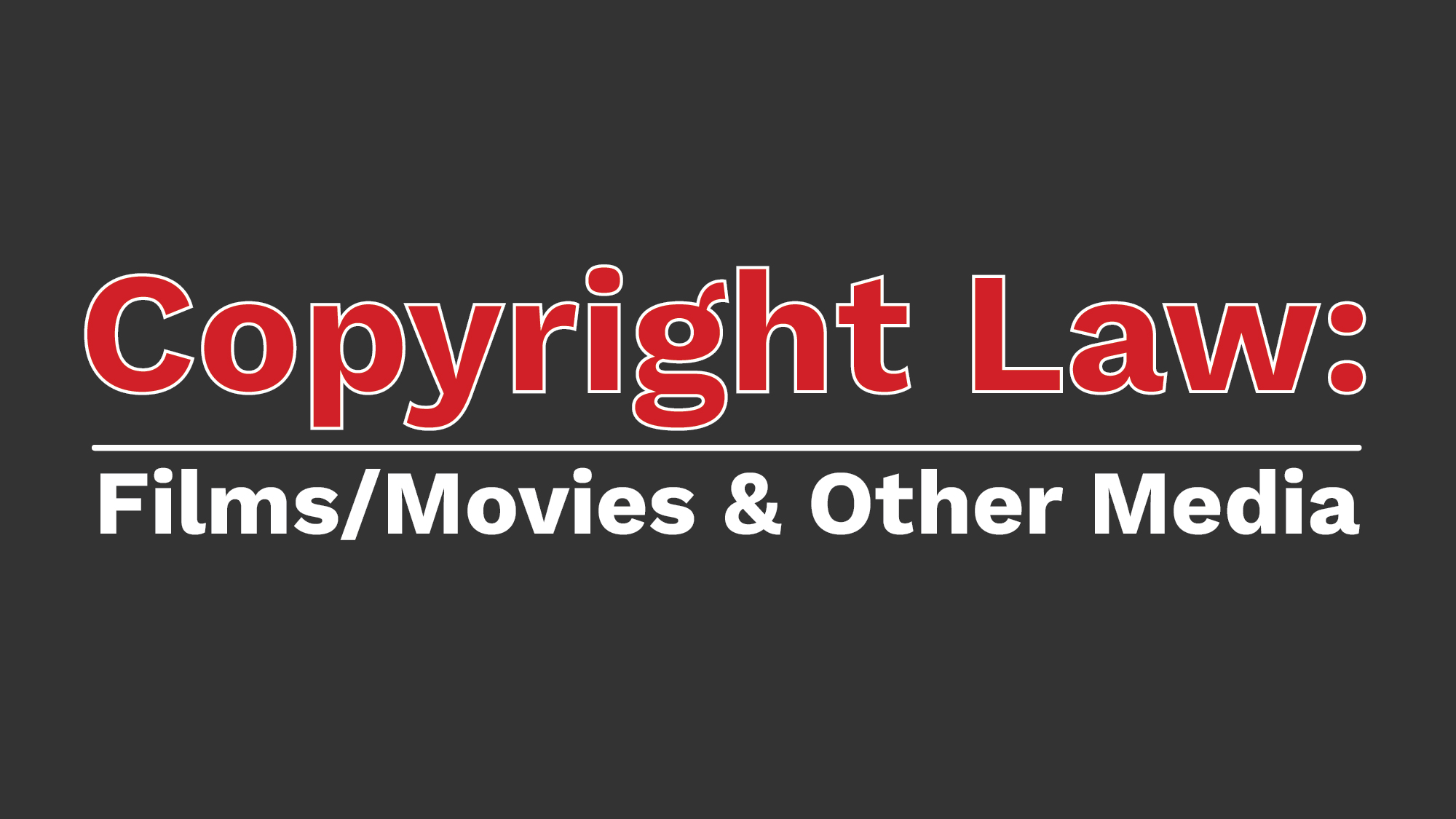
Federal copyright law is very strict when it comes to how media is shared with public audiences. Media includes films/movies, TV shows, documentaries, and other media content (YouTube, music, etc.). The penalty for breaking these laws can be quite severe and can include lawsuits, up to five years imprisonment, and a maximum fine of $250,000.
When hosting an event that shows films/movies or other media, please understand these guidelines:
• A Private Performance is one where you show a film/movie to a private audience (i.e., just your immediate circle of friends or family), you do not charge an admission fee, and do not advertise the event (this includes publication beyond your organization on NvolveU and social media). Events limited to just your organization or recruitment events DO NOT count as private audiences.
• A Public Performance is one where you are opening a film/movie to a group larger than your immediate family or circle of friends such as the campus or public audience, one where you are charging an admission fee, OR where you are advertising through public venues (bulletin boards, emails, and social media posts). In a public viewing, you need to obtain public viewing rights. Outdoor films/movies are always public viewings.
• A Private Location is one where the film/movie is shown in a private location (i.e., a residential space (common areas do not count), a classroom for educational purposes, etc.) Individuals passing by should not be able to view the film/movie you are showing. The Nebraska Union spaces are NOT considered Private Locations. Similarly, fraternity and sorority houses are also NOT considered Private Locations. Any event in a chapter house where media is being shown should be limited to residents, members, and immediate guests.
• A Public Location is one where the film/movie is shown in a space that has public viewing, even if the event is private/invite only. For example, a film/movie shown on Meier Commons may be gated and closed off to the public, but if the film/movie is viewable from outside the space, the location is not private. The Nebraska Union spaces are considered Public Locations.
Frequently Asked Questions (FAQs):
I pay for streaming services such as Netflix, Hulu, or Disney+, Amazon Prime, etc. can I use these? These services are meant for private, in-home use and are not intended for public use.
What about the RHA Movie Channel? The RHA Movie Channel is a service provided exclusively for students living in one of UNL’s residential facilities. The current contract limits the use of programming using the RHA Movie Channel to RAs, RHA, and NRHH.
What about live TV shows? Even live TV shows require permission to stream, often from the TV production company. As a note, sports, such as the NFL, have even more restrictions and require permission from them, not only to show the event, but also to use their name, image, and likeness. For example, even if you don’t show the actual game, you must request permission from the NFL to host a Super Bowl party.
Aren’t documentaries free to use? Some are, and some aren’t. Just because a documentary can be accessed for free, does not necessarily mean it’s been made for public viewing.
What about fair use and the exemptions around educational/academic settings? For a film/movie (or other media) to fall under an academic exemption, it must be a legitimate copy shown at a non-profit academic institution, in a for-credit, curriculum-based course, led by an instructor, with a closed roster.
Aren’t many films expensive? How do we find out how much a film/movie costs? SLICE works with an Account Executive from Swank Motion Pictures, Inc., which is one of the largest film licensing organizations in the country, to secure film/movie rights. We can connect you and our Swank representative, to obtain the rights to a film/movie or find films/movies that fit your budget.
For additional information, click here for Movie Licensing Made Easy by Swank Motion Pictures, Inc.
We know this information can be discouraging, especially when we make connections through on-screen media. We encourage organizations to contact our SLICE office with any further questions or planning assistance.
More details at: https://involved.unl.edu/organizations/resources